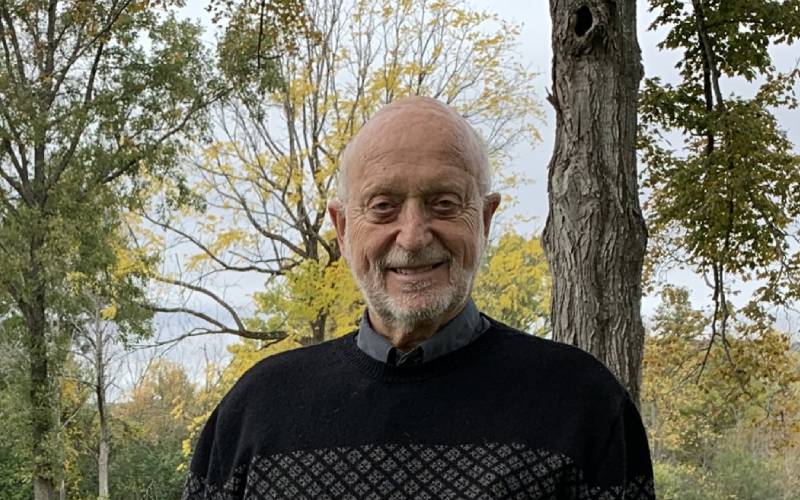“ Interpreting experience in role, in relation to the mission of the organization, is an extraordinarily useful way of beginning to develop a shared understanding of organizational dynamics. ”

Edward Shapiro, MD
Stockbridge
Episode Description:
Steven Rolfe welcomes Dr. Edward Shapiro, who is a training and supervising analyst at the Berkshire Psychoanalytic Institute. He is a former Medical Director and CEO of the Austen Riggs Center in Stockbridge, Massachusetts. He is a Professor of Clinical Psychiatry at Yale University School of Medicine and has been an organizational consultant for over 35 years. Dr. Shapiro has consulted with hospitals, mental health clinics, law firms and family businesses focusing on organizational transition, mergers, organizational structure and dilemmas of authority, management and delegation. He has coached executives in health care, law , education and business. He is the author of Finding a Place to Stand: Developing Self Reflecting Institutions, Leaders and Citizens, and co-author of Lost in Familiar Places: Creating New Connections Between the Individual and Society. Dr. Shapiro received the Felix and Helene Deutsch Scientific Award from the Boston Psychoanalytic Society, the Research Prize from the Society for Family Therapy and Research, and the Philip Isenberg Teaching Award from McLean Hospital.
Key Takeaways:
[4:05] What stimulated Dr. Shapiro to write a book on citizenship?
[5:06] Interpreting society as an enormous challenge.
[6:14] Unconscious forces drive groups and organizations.
[8:38] Dr. Shapiro talks about his training as an analyst and consultant.
[12:03] Projective identification as crucial in the understanding of families and groups.
[14:05] Running the program at McLean Hospital.
[15:44] Austen Riggs.
[20:33] Transition from McLean to Austen Riggs.
[21:25] Organizations and society are interdependent.
[23:15] Working with limited resources .
[24:25] Patients as citizens of the Riggs community.
[25:48] The political aspect.
[27:10] Telling stories to make ideas accessible to people.
[32:50] Transference and the role of the analyst.
[34:07] Dr. Shapiro talks about his most recent book.
Recommended Readings:
Shapiro, ER. (2020) Finding a Place to Stand: Developing Self-Reflective Institutions, Leaders and Citizens. London: Phoenix.
Shapiro ER. (2012) Management versus interpretation: teaching residents to listen. Journal of Nervous and Mental Disease, 2012, 200 (3): 204-207.
Shapiro ER. (2011) Psychoanalytic institutions and treatment resistance: Commentary on Kafka: Journal of the American Psychoanalytic Association, 2011, 51: 71-79.
Shapiro E.R. editor (1997). The Inner World in the Outer World: Psychoanalytic Perspectives. New Haven: Yale University Press.
Shapiro, E.R. and Carr, A.W. (1991) Lost in Faamiliar Places: Creating New connections between the Individual and Society. New Haven:Yale University Press.

Dr Shapiro is not just a psychoanalyst, he is a Group Relations consultant of the first order. He brings his full self to role and is a formidable thinker and feeler. His work with Wesley Carr is a timeless treasure and I was delighted to see this new book and its explication of the tensions in contemporary citizenship. More Psychoanalysts should follow his lead and take part in Group Relations learning and thinking. I hope President Trump enjoys his new book.